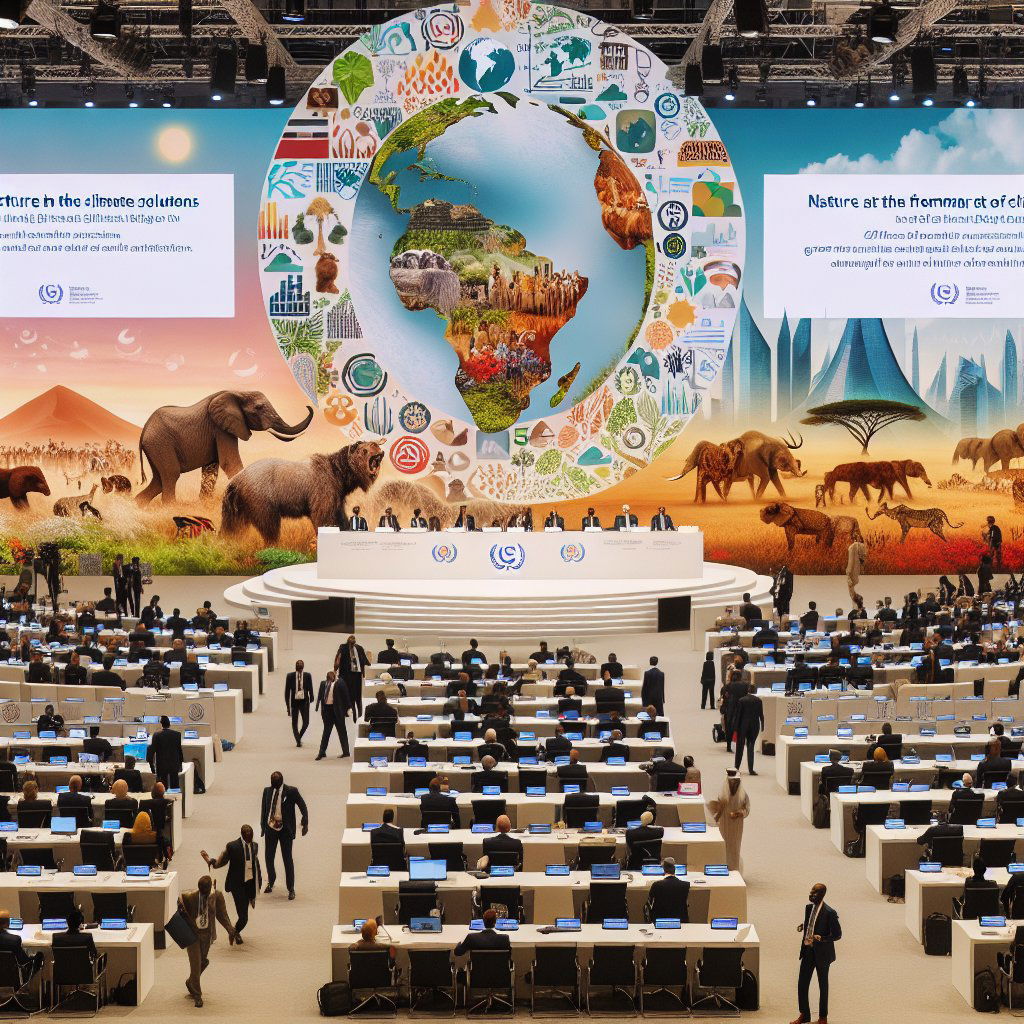Image: AI generated for illustration purposes
Africa’s COP28 Agenda: Prioritizing Nature and Finance for Climate Resilience
As global leaders prepare to convene in Dubai for the 2023 United Nations Conference of the Parties (COP28), Africa's voice rings with clarity and urgency: the continent's COP28 wish list calls for nature to be at the forefront of climate solutions and seeks a substantial increase in climate financing to tackle the severe impacts of the climate emergency on the African landscape and its people.
With 2023 already marking record highs in temperature, the resolve for actionable climate commitments is critical. The COP28 summit follows the inaugural Africa Climate Summit (ACS) and the Nairobi Declaration which set forth demands for needed reforms in global taxation and financial institutions to fund climate action. A pivotal element of COP28 is the global stocktake, examining the progress of the Paris Agreement commitments. The synthesis report reveals that countries are lagging in their emission reduction targets, underscoring the need for stronger National Determined Contributions (NDCs).
The financial gap in adaptation funding is staggering. Developing countries' needs for adaptation are substantially higher than the available financing from wealthier states and development banks. This gap necessitates a key focus on doubling adaptation finance, a plea unheard by developed nations for far too long.
COP28 is not just a platform for financial pledges—it is an opportunity to integrate nature thoroughly into the climate response. Healthy ecosystems prove vital for both climate mitigation and adaptation, offering a plethora of benefits, from conserving biodiversity to enhancing community resilience.
For Africa, the success of COP28 hinges on the materialization of climate finance. Despite Africa suffering disproportionately from climate change, it receives a mere 3% of global climate finance. Previous commitments, such as the annual $100-billion pledge made in 2009, remain unfulfilled.
A milestone achieved at COP27 was the agreement to establish a Loss and Damage Fund, addressing severe climate impacts in developing nations. COP28 should witness the operationalizing of this fund, offering tangible support to the affected countries.
Discussions at COP28 will also encompass the phasing out of fossil fuels and the scaling up of renewable energy investments—a sector in which Africa falls woefully behind despite its abundant resources. Strengthening the continent's energy infrastructure is critical, with an ambitious goal set to increase Africa's renewable energy capacity significantly by 2030.
As renewable energy’s footprint expands, measures like the Avian Sensitivity Tool for Energy Planning (AviStep) developed by BirdLife International become imperative to ensure that the environmental impacts on wildlife are minimized.
The carbon credit market is another area of interest for Africa at COP28. With some of the world's richest carbon sinks, the continent is an essential player in the global carbon offsetting arena. However, improvements in carbon-crediting guidelines are needed to ensure efficiency and stability within the market.
Adaptation strategies promoted at COP28 must align with local realities. Examples include the initiatives led by BirdLife International, which have seen significant efforts in landscape restoration and improving livelihoods in the Great Lakes Region of Africa, showing the impact of community-centered adaptation programs.
As the continent sets forth its agenda, the unity of purpose will be a determining factor in pushing these critical issues at COP28. COP28 presents an unprecedented moment to correct the course and commit to a future where African nations receive the climate justice and support they so urgently need.










